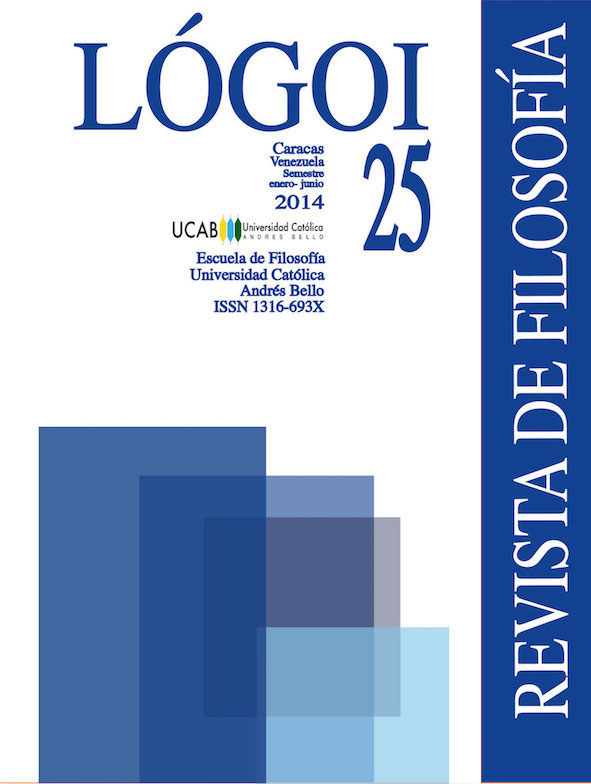Virtual humanism
DOI:
https://doi.org/10.62876/lr.v0i25.3196Keywords:
Communication, thing, domination, idols, information, existentialism, magic, last man, transparency, education, virtual, humanismAbstract
This article deals with the subject of humanism in present-day society. It explains the fundamental moments in which «the era of the image of the world» (Heidegger), was established, and it mentions the authors, especially Nietzsche, who criticized a certain type of society, centered on the State, which tends to cut back the dimensions of human life. The expression «virtual humanism» refers to a form of human relations that are based more on communication media than on real contact. In the end this article defends the necessity of a kind of education capable of awakening the experience of real life.
Downloads
References
Gabás, Raúl: Curso básico de filosofía estética, (Madrid, PubliCan, 2008).
Han, Byung-Chul: Die Transparenzgesellschaft, (Berlín, Matthes, 2012).
Heidegger, Martin: El hombre unidimensional, (Barcelona, Seix Barral, 1968).
Heidegger, Martin: La pregunta por la cosa, (Editorial Alfa Argentina, 1975).
Heidegger, Martin: Sendas perdidas, (Buenos Aires, Losada, 1979).
Nietzsche, F.: Así habló Zaratustra, (Madrid, Alianza, 1972).
Sartre, Jean Paul: El existencialismo es un humanismo, (Barcelona, Edhasa, 1859).
Published
How to Cite
Issue
Section
License
Copyright (c) 2022 Array

This work is licensed under a Creative Commons Attribution-NonCommercial-ShareAlike 4.0 International License.










.png)











